Stephan Hacker is assistant professor in chemical biology at Leiden University, where he tries to find new ways to make new antibiotics. He focusses on finding new weak spots in bacteria.
Why did you choose this specialism?
‘This came out of my postdoc. I asked myself what is important and interesting enough to work on for 30 years. Antibiotic resistance is important, and in industry there is not much development. I plan on staying in academia for the rest of my career. I like to work with students and graduate students. It is nice to see them grow over their PhD trajectory. Apart from that, I can decide myself, more or less, what I want to work on.’
What is the main challenge in your work?
‘To identify which new ways exist to address bacteria. I try to get a fundamental understanding of which weak spots they have. We are mainly using covalent inhibitors. There is quite a lot of proteins you can address in bacteria. It’s very dependent on the bacterium, so we could use them to make narrow antibiotics. Maybe we can selectively kill the one that causes the infection.’
What are your hopes for this research?
‘I want to take a few weak spots and do advanced medicinal chemistry. Then I want to show that it can help in a meaningful way. We can then get people interested, take it forward, and maybe build a start-up. A meaningful developed starting point for an antibiotic.’


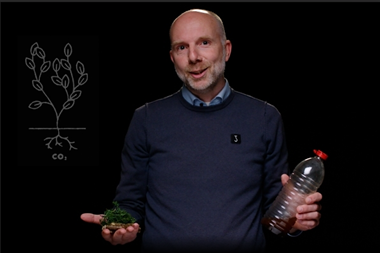
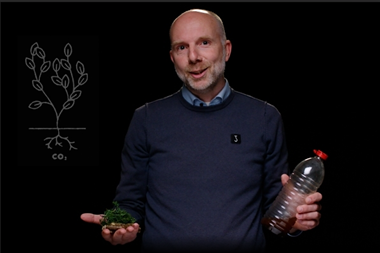
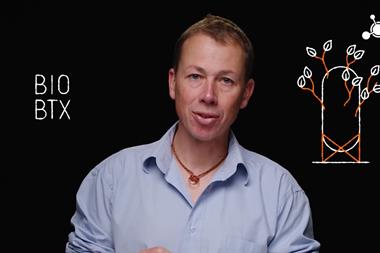
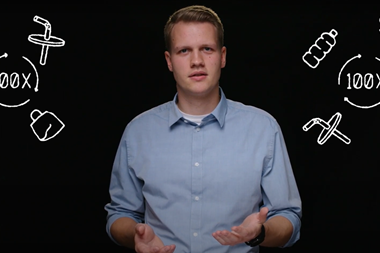
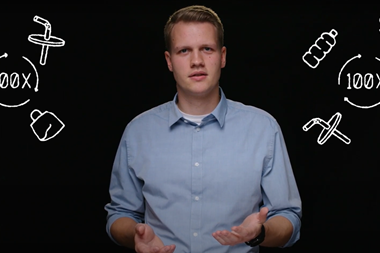
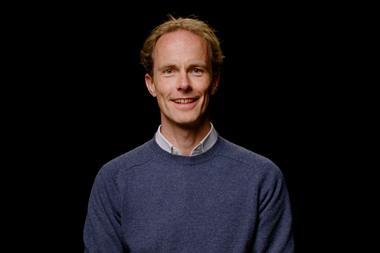
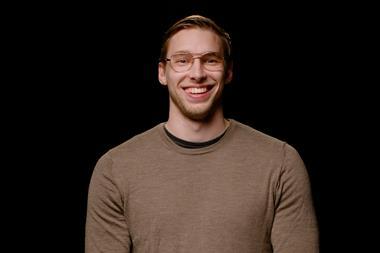
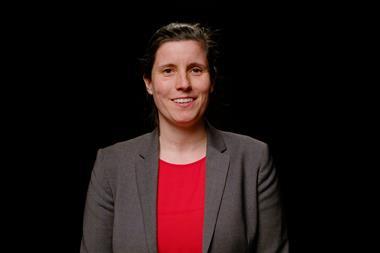
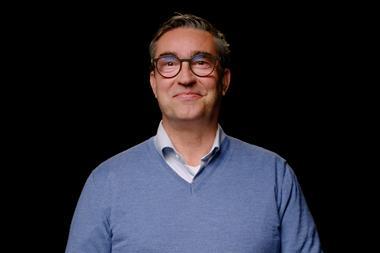
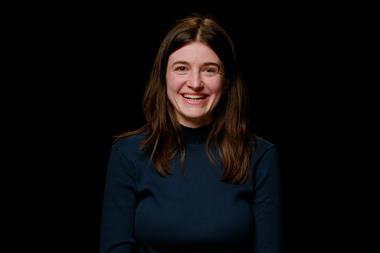











Nog geen opmerkingen